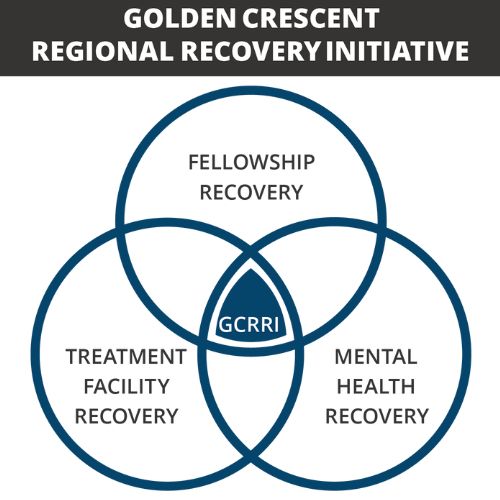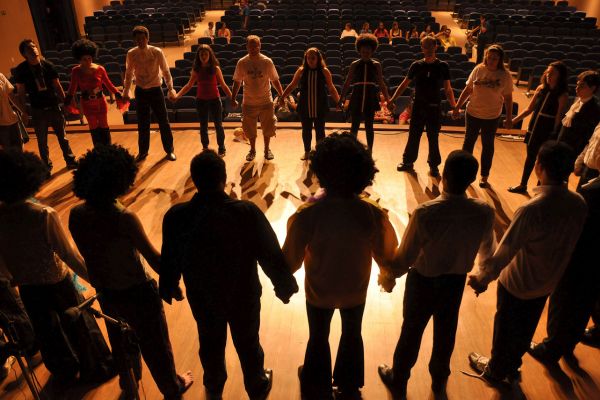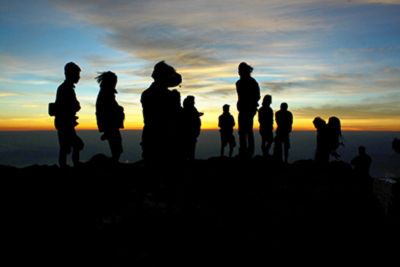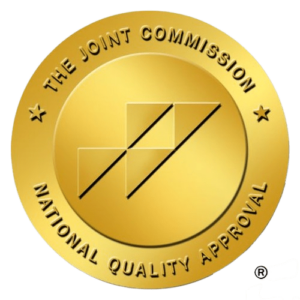Golden Crescent Regional Recovery Initiative (GCRRI)
Golden Crescent Regional Recovery Initiative (GCRRI)
GCRRI meetings are held the 4th Wednesday of the month from 12:15pm – 1:00pm and anyone may attend. To receive an email invitation, please contact jcoleman@btcro.org.
Who We Are
The Golden Crescent Regional Recovery Initiative (GCRRI) is a Recovery Oriented System of Care (ROSC) coordinated through Texas A&M University College of Nursing and Billy T. Cattan Recovery Outreach Center of Victoria. Development of the GCRRI is supported by grants from the U.S. Health Resource Services Administration (HRSA) Rural Communities Opioid Response Program (RCORP) awarded to Texas A&M College of Nursing to reduce opioid use disorder (OUD), substance use disorder (SUD) and support the recovery of persons wishing to overcome these disorders.
Who We Serve
GCRRI serves individuals and families with, or at risk of SUD/OUD in the Golden Crescent region. With an emphasis on supporting rural counties, Victoria serves as a hub for the surrounding counties of: Calhoun, Dewitt, Gonzales, Goliad, Jackson and Lavaca.
The opportunities established through networking, interdisciplinary collaboration, and partnership across a broad array of stakeholders, agencies, and service providers promote life enhancing recovery and wellness for the individuals, families, and communities involved. Additional Federal funding also aims at helping pregnant women and women of childbearing age overcome SUD/OUD.
What is a ROSC?
The term Recovery Oriented System of Care (ROSC) reflects how services are both created and implemented to promote long-term recovery with individuals at the center of the planning process. A ROSC supports recovery through ongoing support services and coordinated strategies to assist individuals in recovery while they rebuild their life within the community. Emphasis is placed on prevention services, personal and community health and wellness, and inclusion of those recovering as a system of advisors, planners and service-delivery specialists.
Transportation
If you need transportation to access recovery services, look for transportation resources here.

What makes a ROSC unique?
Traditionally, recovery-oriented services have been viewed as long-term recovery activities that occur after completion of formal substance use treatment. However, recovery-oriented activities and approaches are also part of the full continuum of care available to persons within a ROSC. Substance use problems are preventable but when left untreated can progress into more serious conditions, even becoming chronic. A ROSC provides a network of services to address the full spectrum of substance use problems, from harmful use to chronic conditions.
How does a ROSC support the community?
Through education, communities are strengthened by recovery-oriented activities that can prevent inappropriate substance use before it occurs. Education also raises awareness about disease myths that foster stigma and discrimination, and provides early intervention for those at risk of developing substance use conditions.
Like other chronic health conditions, substance use disorders typically require long-term involvement with health care systems and parallel informal networks. Recovery-oriented services include provisions for continuing care following treatment such as education regarding self-care, regular check-ups and linkage to community resources.
Each of the partners in a ROSC can play a role the provision of recovery support services. When these services are provided across the continuum of care, the efforts to support resiliency and sustain long-term recovery are magnified.

Person-centered supports bolster successful individual and family outcomes
Substance use disorders affect everyone. Help create a healthier community by getting involved! Everyone can help break down barriers by reducing the stigma of substance use disorder. If you are interested in participating in the Golden Crescent Regional Recovery Initiative or learning more about our efforts, please email dbarrientos@btcro.org.
Substance Use Disorder Education




This program is supported by the Health Resources and Services Administration (HRSA) of the U.S. Department of Health and Human Services (HHS) as part of two financial assistance awards totaling $1,500,000 with 100% percentage funded by HRSA and $0 amount and 0% percentage funded by non-government sources. The contents are those of the author(s) and do not necessarily represent the official views of, nor an endorsement, by HRSA, or the U.S. Government.

